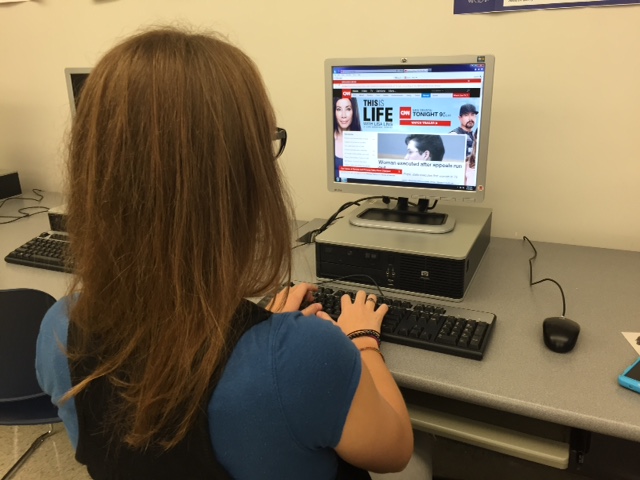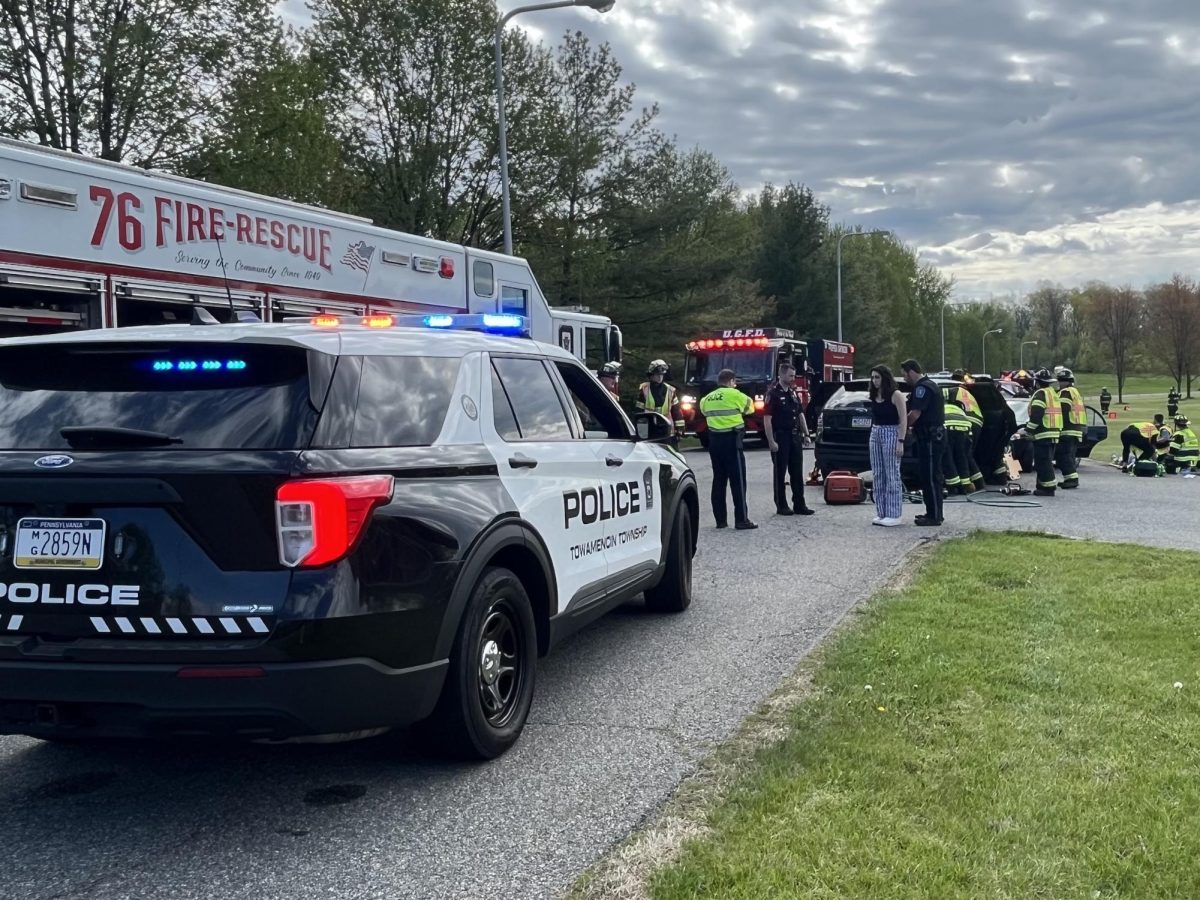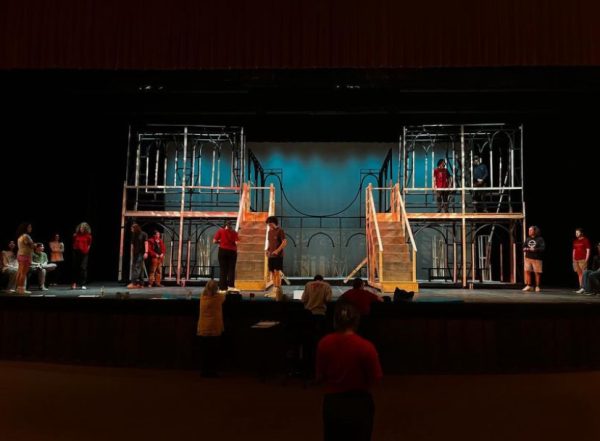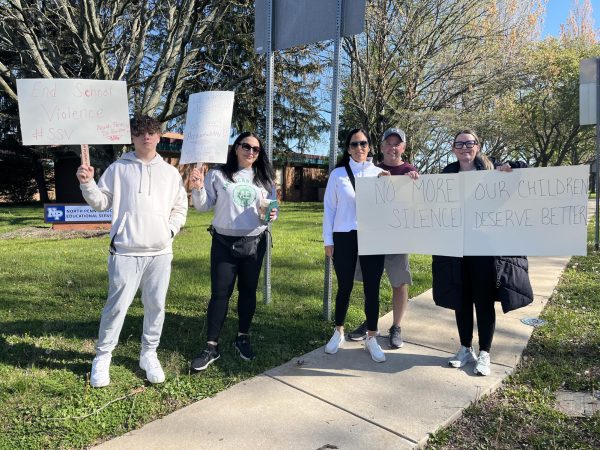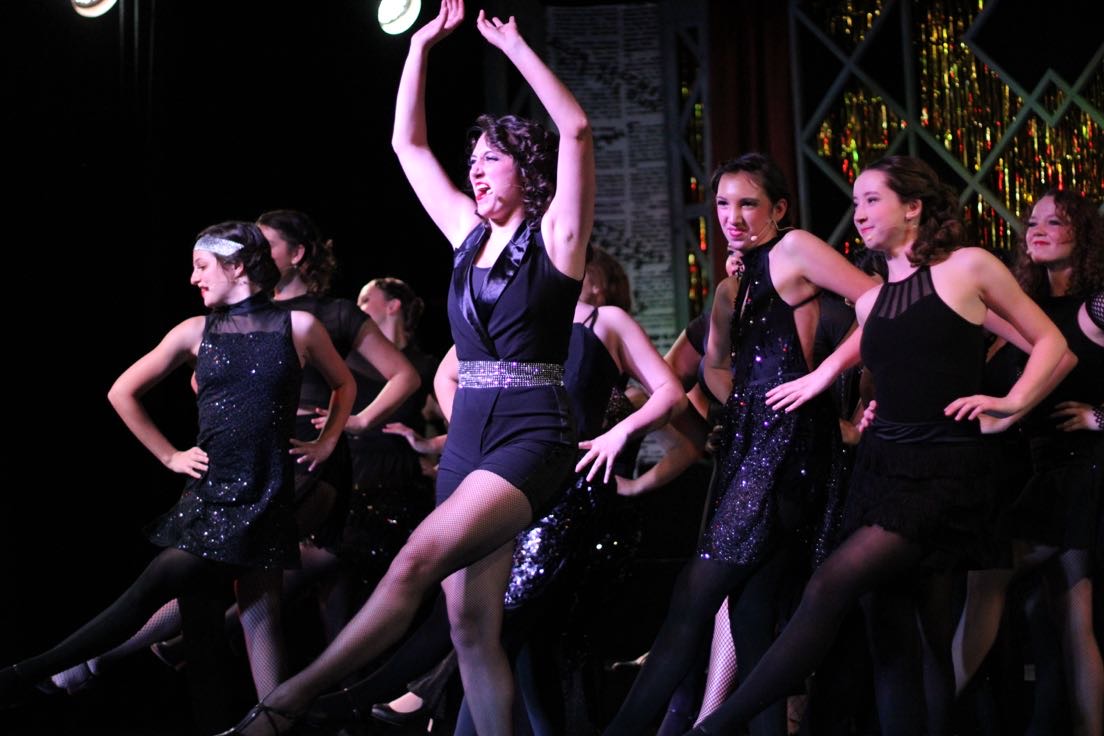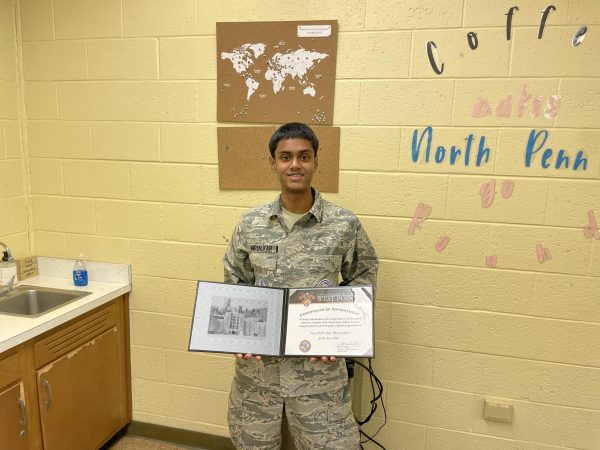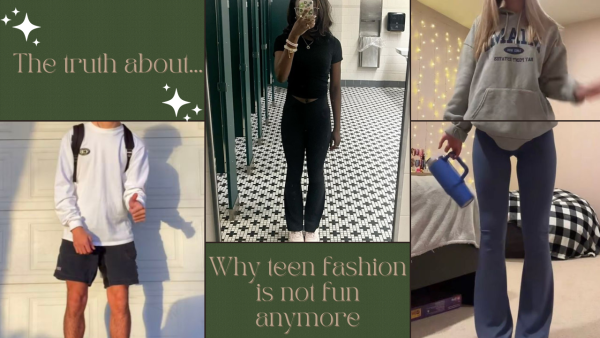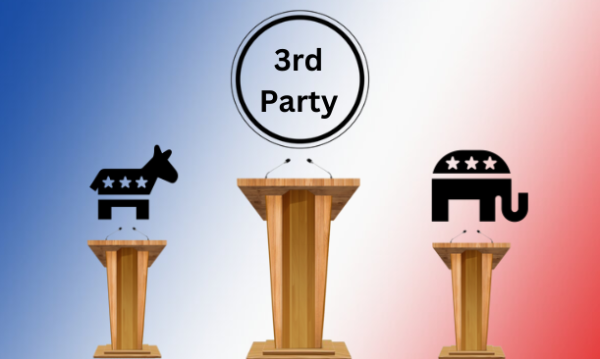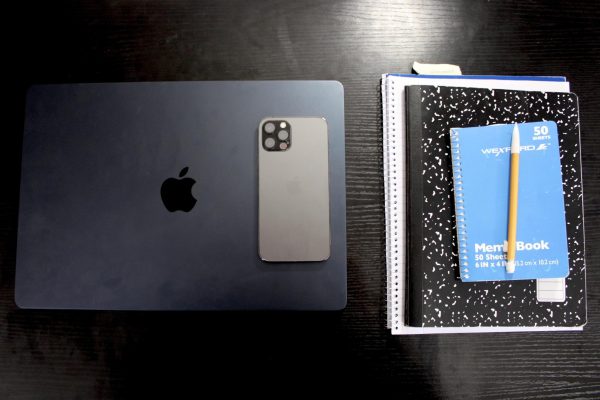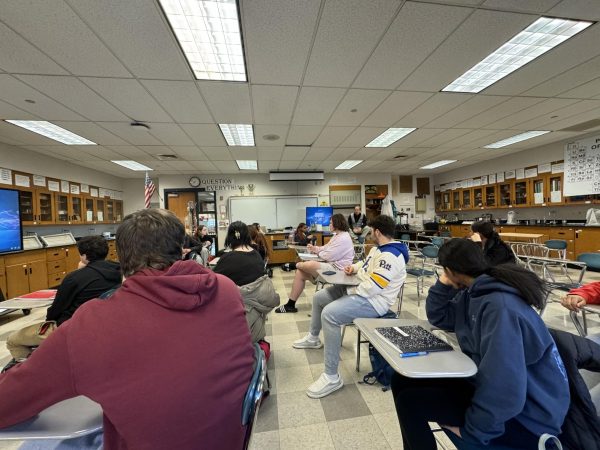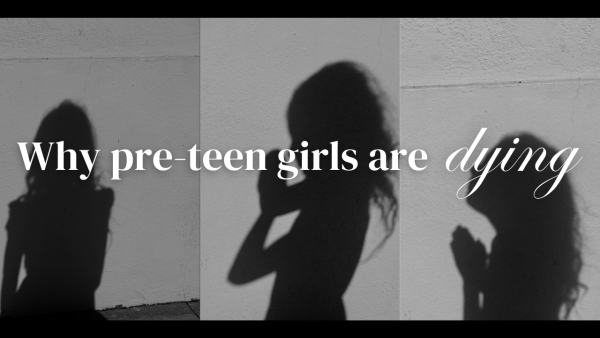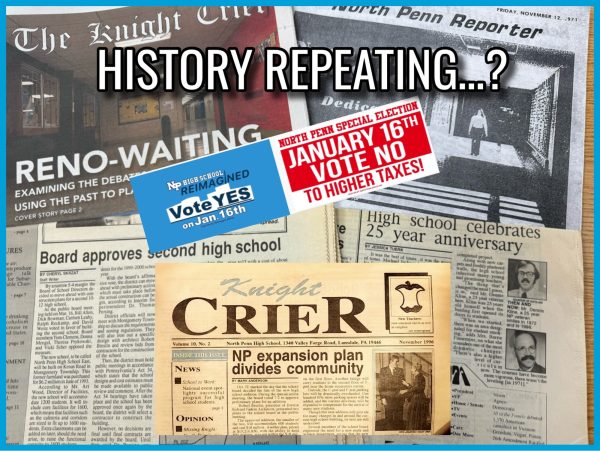A world at our fingertips: the power of technology
Being able to access information quickly is an asset to teenagers- despite what older generations may think
September 30, 2015
Walking through the halls of North Penn – and most high schools and college campuses around the country – it’s easy to notice a certain trend. Even in the classroom, students often have earbuds in or have their noses buried in smartphones. Many adults have noticed the trend of young people trading letters for texts, conversations for headphones, and get-togethers for Facebook. In the minds of those watching technology culture – or, as baby boomers call it, ‘selfie culture’ – unfold, this is the death of socializing and the written word as we once knew it.
And I think they’re completely, totally wrong.
In the past, say, fifty years, the world has seen a massive shift from letters and postcards to emails and instant messages all the way to texts and Facebook and Skype calls.
I am a writer. In fact, I would argue that I’m one of the more accomplished seventeen year old writers in the country. I’ve won national awards for my writing and I’m working with a literary agent towards the publication of my first young adult novel. Suffice to say, I care – very deeply – about the state of the written word in America and don’t want it to die out.
But I also recognize the power that technology has given us.
This is a generation of millennials who are opening their own businesses, pioneering apps, and changing the world. Everything about us is laser-focused – from our music taste to the friends we choose to keep by our sides. We are more invested in our future and the world’s future than ever before, and much of that is thanks to the interconnected web of social media and the internet that keeps us tapped into current events – on a local and global scale – 24/7. Without our technology, it would be impossible for millions of strong-willed individuals to work as a cohesive whole.
In ages past, it would have been impossible to make friends with someone across the world or to communicate with far-away loved ones on a daily basis. Photos were kept and shown to family members and it was infinitely harder to keep friends in the loop. We’ve lost so much from years past to fires, floods, carelessness, and time, but now, in the digital age, this has become the best-documented generation in history. And, according to a study done by NBC, this isn’t the bad thing many people of older generations claim it to be.
“Taking selfies could represent a natural human urge to claim a personal identity, rather than rampant narcissism.”
We are strong individuals who have been handed a world with high unemployment, higher-than-ever divorce rates, and an earth that’s been polluted to critical levels. And none of it is our fault. Yet we are trying, desperately at times, to craft this world and the society around into something that will be better for our children and grandchildren. We’re revolutionizing solar power and alternative energy, fighting impossible diseases with new medicines, and challenging forces that oppress others. We’re more compassionate, more creative, and more civic-minded than ever before, and all of that is thanks to our technology.
We use our smart phones to relate to one another and to spread awareness. The social media that others sneer at and call mindless is perhaps the most powerful tool of self-expression and communication the world has ever known.
So maybe it’s time for those who look down on millennials with what they believe is sage wisdom to take a step back and reexamine their own biases. The true danger to our society isn’t hashtags or selfies or headphones or anything else millennials are criticized for using. The most present threat to culture as we know it is a permeating fear of progress. Anyone who refuses to not only acknowledge but embrace societal, political, and, most importantly, technological change is going to have a hard time finding a place in the modern age.


